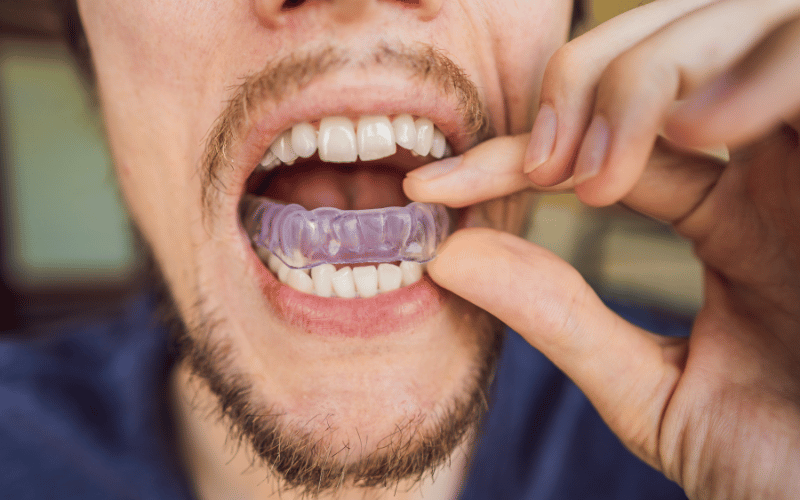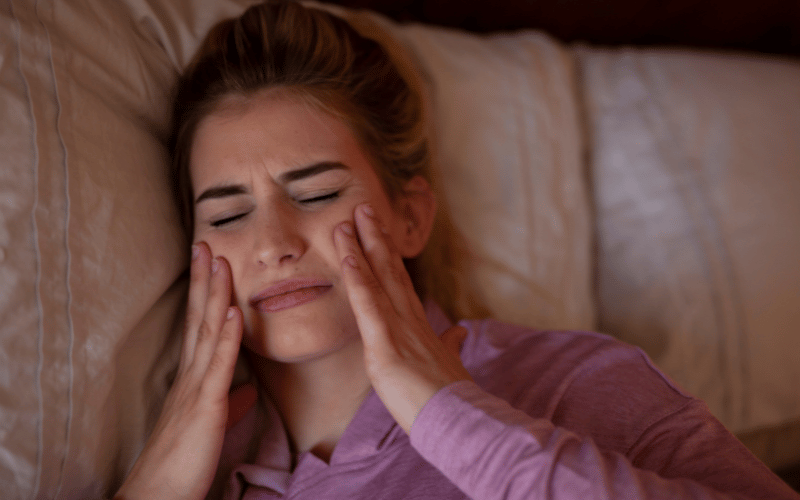Introduction: Unraveling the Mystery of Bruxism

Bruxism, more widely known as teeth grinding, is a condition many might dismiss at first. Its quiet presence in some people’s daily (or nightly) lives might not immediately present as a cause for alarm. Yet, anyone who has suffered from it or has seen a loved one go through its effects will attest to the problems it can cause.
Why is it so imperative to identify it early on? And more importantly, how can you recognize it? Let’s delve into a detailed exploration of the top 10 symptoms of bruxism.
The world of dental health is vast and often overlooked. With the hustle and bustle of everyday life, we might forget to pay attention to the minute signs our body offers. But, much like the murmurs of a forest at night or the hum of a city in the distance, there are tell-tale signs of bruxism if we only listen and observe carefully.
It’s no secret that early detection can prevent a myriad of health problems. This remains true for dental issues as well.
Knowing the early signs can mean the difference between simple treatments or prolonged, painful procedures. Armed with knowledge and a proactive approach, let’s navigate through the ten most telling signs of bruxism.
1. Audible Grinding at Night: The Silent Disruptor of Peaceful Sleep

Those who suffer from bruxism often remain unaware of their condition. However, their partners or roommates might be the first to catch onto the condition due to the unmistakable sound of teeth grinding during sleep. This noise, which can range from a faint scraping to a louder grating, is one of the earliest and most prevalent indicators of the condition.
The primary concern isn’t just the noise itself, but the potential damage being done when teeth are grinding against each other with considerable force. Over time, this grinding can lead to wear and tear of the tooth enamel, leading to heightened sensitivity or even more severe dental issues.
It’s crucial to understand that while the audible grinding is an apparent symptom, many who suffer from bruxism might not produce any noticeable sound. This makes it essential for individuals to pay heed to other symptoms and consult with their dentists if they suspect they’re grinding their teeth.
If left unchecked, the continuous grinding not only causes dental concerns but also disrupts the quality of sleep. Disturbed sleep patterns can lead to other health issues like fatigue, mood swings, and even affect cognitive functions. So, if someone tells you they’ve heard you grinding your teeth at night, it might be time for a dental consultation. (1)